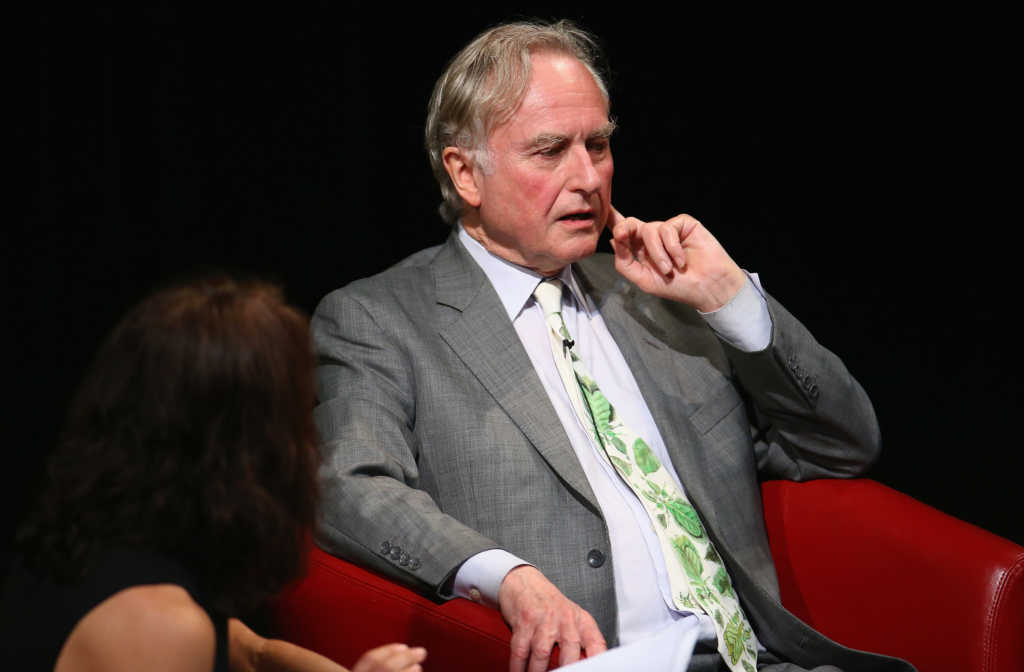Famed atheist Richard Dawkins is under fire for a tweet which made the case for eugenics as an effective, if not morally acceptable, policy.
“It’s one thing to deplore eugenics on ideological, political, moral grounds. It’s quite another to conclude that it wouldn’t work in practice. Of course it would,” Dawkins concluded before explaining his reasoning more. “It works for cows, horses pigs, dogs & roses. Why on earth wouldn’t it work for humans? Facts ignore ideology.”
Needless to say, people did not react well to the tweet.
After the onslaught of backlash, Dawkins sought to clarify.
“For those determined to miss the point, I deplore the idea of a eugenic policy. I simply said deploring it doesn’t mean it wouldn’t work. Just as we breed cows to yield more milk, we could breed humans to run faster or jump higher. But heaven forbid that we should do it,” he said in a follow-up tweet.
Ironically, by opening up such a debate (why was he thinking about this in the first place?) he exposes the folly of his own worldview. On what basis can Dawkins possibly stand on in order to stave off a society that decided it was high time to start breeding ‘better’ humans?
“A eugenic policy would be bad. I’m combating the illogical step from “X would be bad” to “So X is impossible”. It would work in the same sense as it works for cows. Let’s fight it on moral grounds. Deny obvious scientific facts & we lose – or at best derail – the argument,” Dawkins explained in yet another follow-up tweet.
But again, he raises more questions than answers. If a policy of eugenics ‘worked’ as he suggests, why would it be ‘bad’? “Let’s fight it on moral grounds,” Dawkins says. What standard of morality is Dawkins appealing to? What is he using to define ‘bad’?
He rallies people to fight it “morally” because the only thing a moral relativist can use to justify a behavior is popularity. If they can convince a majority that their personal view is the correct one, then it can be enacted. But that doesn’t make something right or wrong, it just makes something doable or not doable.
Only someone who relies on a standard outside of themselves can adequately justify calling something right or wrong. Since we are created in the image of God, the Imago Dei, Christians can make the case as to why eugenics is “wrong” and should not be done.
Dawkins and atheists like him are relegated to trying to convince people not to do something simply because he doesn’t like it.
Dawkins was famously interviewed in Ben Stein’s film “Expelled” which explored why schools were so afraid of teaching intelligent design. Stein pushes back on why this couldn’t be considered a real possibility, and the exchange is something to behold.
When Stein presses the point, asking him about the origin of life, Dawkins admits
“It could be that at some earlier time somewhere in the universe a civilization evolved by probably some kind of Darwinian means to a very very high level of technology and designed a form of life that they seeded onto perhaps this planet. That is an intriguing possibility.”
Basically, he rejects the idea that God could’ve created us but is completely willing to believe that aliens created life and seeded it here on earth. All this does, of course, is kick the can down the road. Where did the aliens come from?
The staunch atheist then added that if we studied the evidence of said life, you might find a signature of “some kind of designer.”
WATCH:



